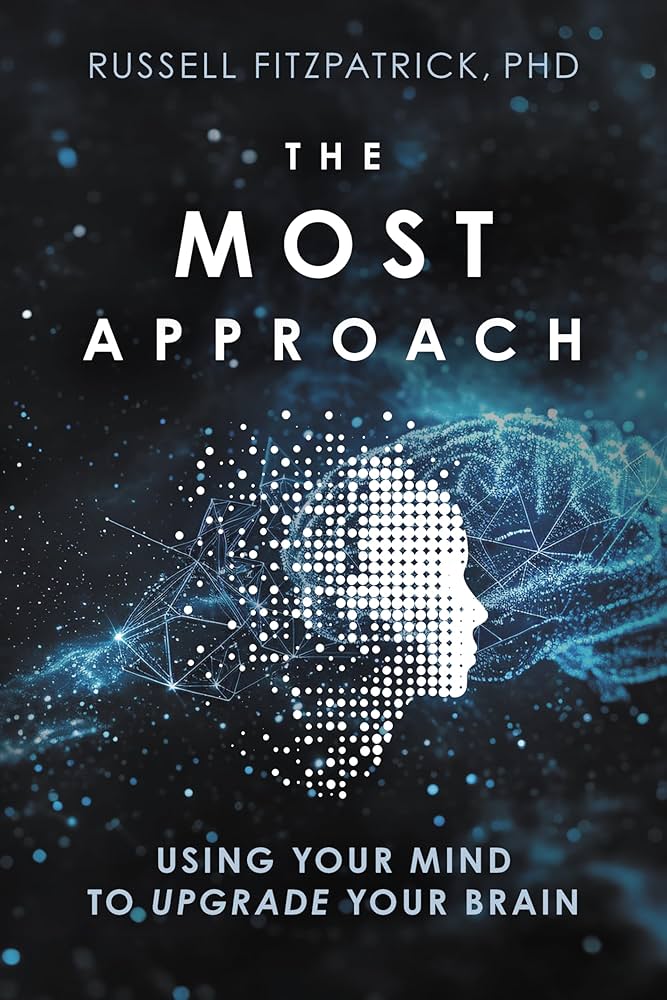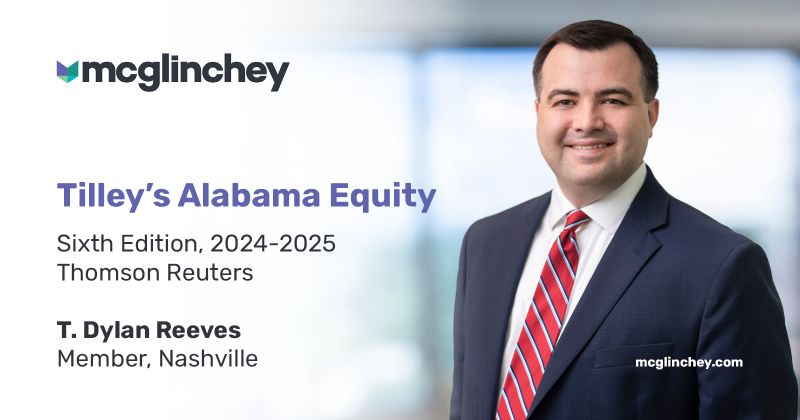Getting Real with Feedback
So, I bumped into this guy’s ideas, Russell Fitzpatrick, a while back. Honestly, at first, I kinda brushed it off. Sounded like another one of those ‘talk-to-your-customers’ things everyone drones on about. You know the type. Seemed like common sense, but the way people talked about “The Mom Test”… well, it stuck in my head a bit.

I was working on a little side project back then. Thought I had a brilliant idea, naturally. Spent ages sketching things out, even started coding bits and pieces. When I’d mention it to friends, or even folks I thought might use it, they’d all say “Oh wow, cool idea!” or “Yeah, I’d totally use that!”. Felt good, you know? Like I was onto something big.
But something felt… off. It was all too easy. Too smooth. Like nobody wanted to hurt my feelings. My mom, bless her, thought everything I did was genius. Which is nice, but not exactly helpful for figuring out if strangers would actually pay for something, or even just use it.
That’s when I remembered that Fitzpatrick stuff. Dug around a bit more. The core thing that hit me was: stop asking for opinions about your idea. Stop asking hypothetical questions like “Would you use this?”. People are generally nice, they don’t wanna crush your dreams. Or they just can’t predict their own future behaviour.
Trying It Out – Awkward at First
So, I decided to give it a go. Felt super weird at first. Instead of pitching my idea, I started asking about people’s lives. Their problems. Specifically, the problems I thought my idea solved.
My early attempts were clumsy. I’d stumble over my words, probably sounded like I was interrogating them. Instead of asking “Do you like my idea for a better widget?”, I tried asking stuff like:

- Tell me about the last time you had trouble with [the problem area]?
- What did you do to try and fix it then?
- What tools are you using right now for [the task]?
- How much does that cost you / how much time does it take?
- What’s the hardest part about [the specific situation]?
Man, it was different. Some people looked at me funny. Like, “Why are you asking me all this?”. But others… others started talking. Really talking. Not about my hypothetical cool idea, but about their actual, real-world struggles.
What Happened Next
The feedback was brutal sometimes. Way less “Oh that’s nice!” and a lot more “Yeah, that’s annoying, but honestly, not annoying enough for me to bother changing” or “I already use this other thing, it’s okay I guess” or even revealing problems I hadn’t even thought about, that were way bigger than what I was trying to solve.
Turns out, my ‘brilliant idea’? Solved a problem that wasn’t really a burning issue for most people I talked to. They had workarounds. Or it just wasn’t a big enough pain point. The compliments I got before? Mostly just people being polite.
It stung a bit, not gonna lie. Put a dent in my ego. But you know what? It saved me months, maybe years, of building something nobody actually needed. I scrapped that initial project idea pretty quickly after those conversations. Moved onto something else, armed with real insights this time.
It reminds me of this one time, years ago, way before I heard about this approach. Poured my heart and soul into building this tool. Launched it. Crickets. Absolutely nobody used it. Wasted so much time and effort. If I’d just asked better questions back then, focused on their past behaviour instead of my future fantasy… well, things might’ve gone differently.

So yeah, that’s my experience. It’s not magic. It’s just about asking better questions and actually listening to the answers, even when they’re not what you want to hear. Changed how I approach building things, for sure. Less guesswork, more grounding in reality. Still feels awkward sometimes, but way better than building castles in the air.










